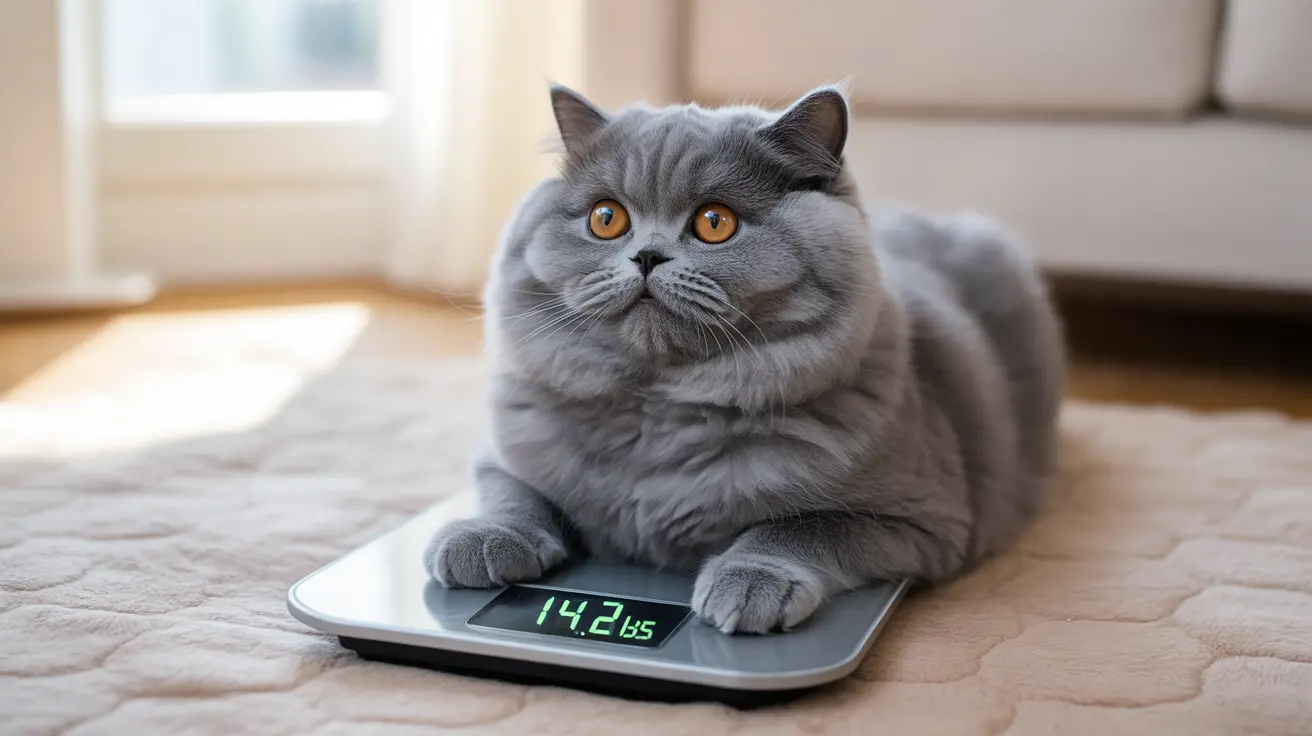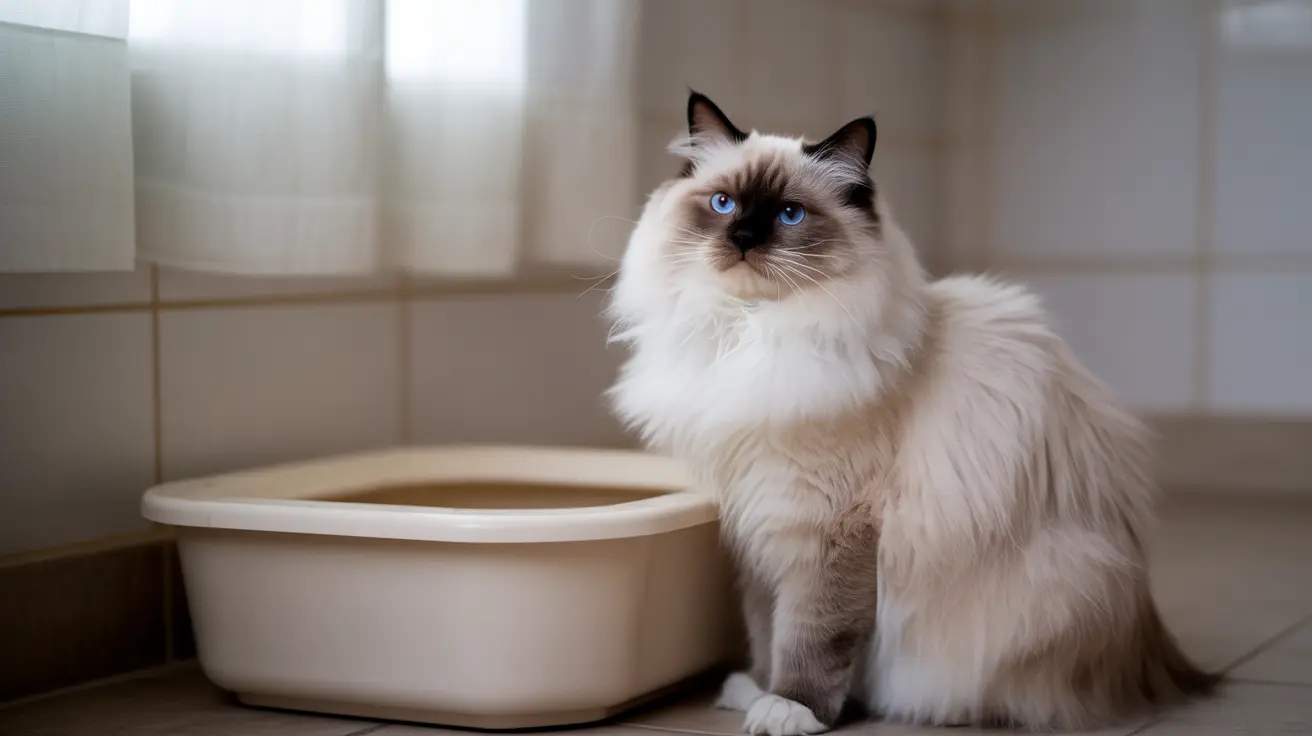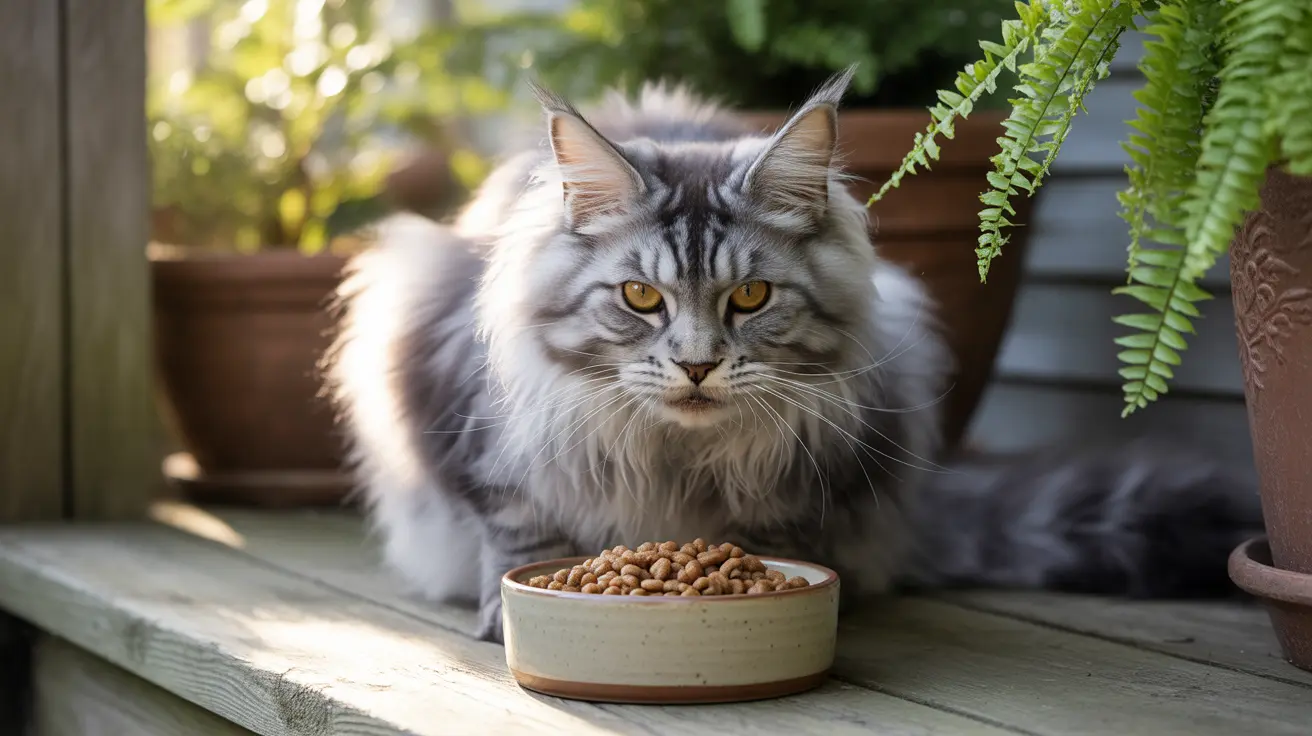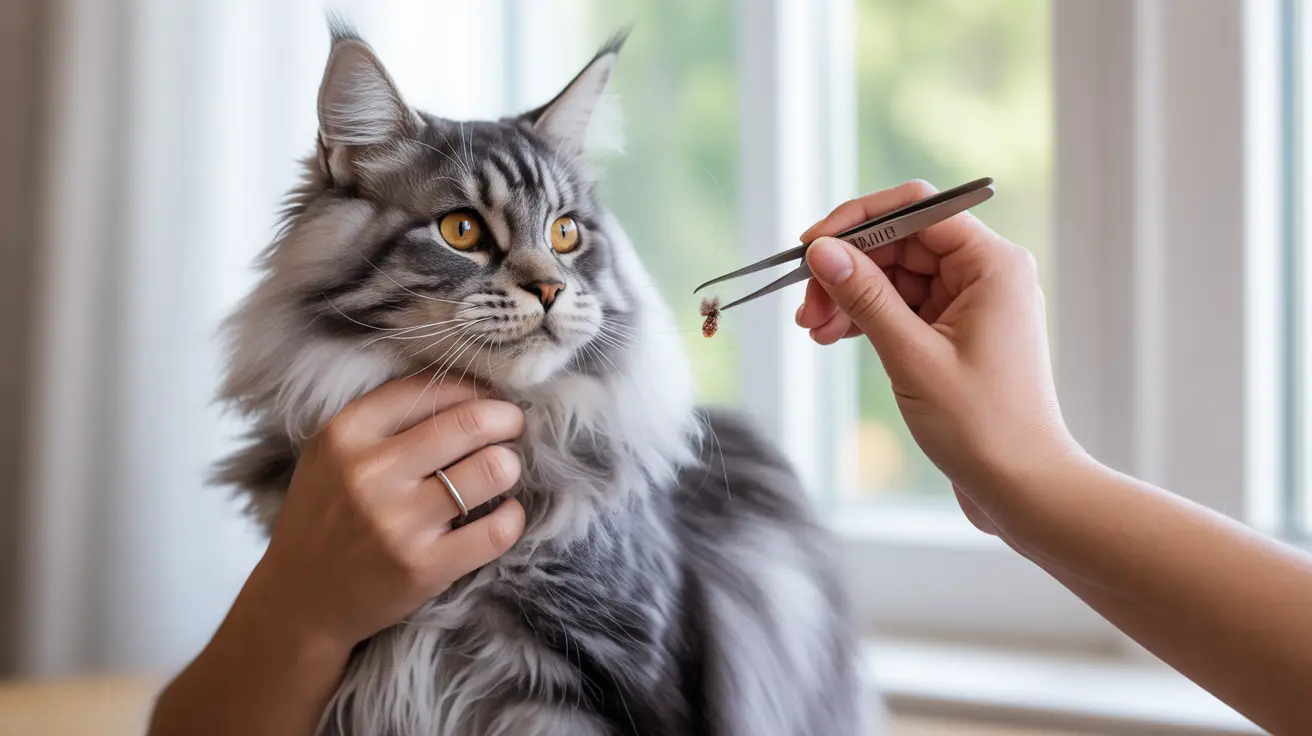The Impact of Obesity on Cat Lifespan
Research shows that obese cats typically live significantly shorter lives than their healthy-weight counterparts. While well-maintained cats can live 12-14 years or even into their early twenties, obese cats often only survive between 5-10 years. This dramatic reduction in lifespan is attributed to various obesity-related health complications.
Studies have revealed that cats with obesity face a 2.8-fold increase in mortality risk, particularly between ages 8-12. This stark difference in survival rates emphasizes the importance of maintaining a healthy weight throughout a cat's life.
Health Risks Associated with Feline Obesity
Excess weight in cats triggers numerous health issues that can significantly impact their longevity:
- Diabetes mellitus
- Cardiovascular disease
- Joint problems and arthritis
- Urinary tract issues
- Respiratory difficulties
- Increased cancer risk
- Compromised immune function
These conditions not only affect life expectancy but also diminish the quality of life for overweight cats, making it harder for them to enjoy normal activities and maintain good health.
Identifying Obesity in Cats
Veterinarians use a Body Condition Score (BCS) system to assess whether a cat is at a healthy weight. On a 9-point scale:
- 1-3: Underweight
- 4-5: Ideal weight
- 6-7: Overweight
- 8-9: Obese
A cat is considered overweight when they're 10-20% above their ideal weight, and obese when they're more than 20% above their ideal weight. Regular weight monitoring is essential for early intervention.
Prevention and Management Strategies
Extending your cat's life expectancy requires proactive weight management:
- Portion control and measured feeding
- Regular exercise through interactive play
- Limited treats and proper nutrition
- Regular veterinary check-ups
- Environmental enrichment to encourage activity
Weight loss should always be gradual and supervised by a veterinarian, as rapid weight loss can lead to dangerous complications like hepatic lipidosis.
Frequently Asked Questions
How does obesity affect the lifespan of domestic cats compared to healthy weight cats?
Obesity can reduce a cat's lifespan by 5-10 years. While healthy cats often live 12-14 years or longer, obese cats might only live 5-10 years due to various health complications and increased mortality risk.
What health risks are most common in fat or obese cats that can shorten their life expectancy?
The most common health risks include diabetes, heart disease, arthritis, urinary problems, respiratory issues, and certain cancers. These conditions can significantly impact both lifespan and quality of life.
How can I tell if my cat is overweight or obese using the body condition score (BCS) system?
The BCS system rates cats on a scale of 1-9. You should be able to feel your cat's ribs easily and see a visible waist. If you can't feel the ribs or see a waist, and there's obvious fat padding, your cat may be overweight or obese.
Can weight loss in obese cats improve their lifespan and overall health?
Yes, controlled weight loss can significantly improve both lifespan and quality of life. Cats that achieve and maintain a healthy weight often regain years of life expectancy and experience better mobility and health outcomes.
What are the best ways to prevent obesity and help my cat maintain a healthy weight?
The best prevention methods include proper portion control, regular exercise through play, limiting treats, and scheduling regular veterinary check-ups. Environmental enrichment and interactive toys can help keep your cat active and maintain a healthy weight.
By understanding the impact of obesity on feline lifespan and taking proactive steps to maintain a healthy weight, you can help ensure your cat lives a longer, healthier, and more active life.






